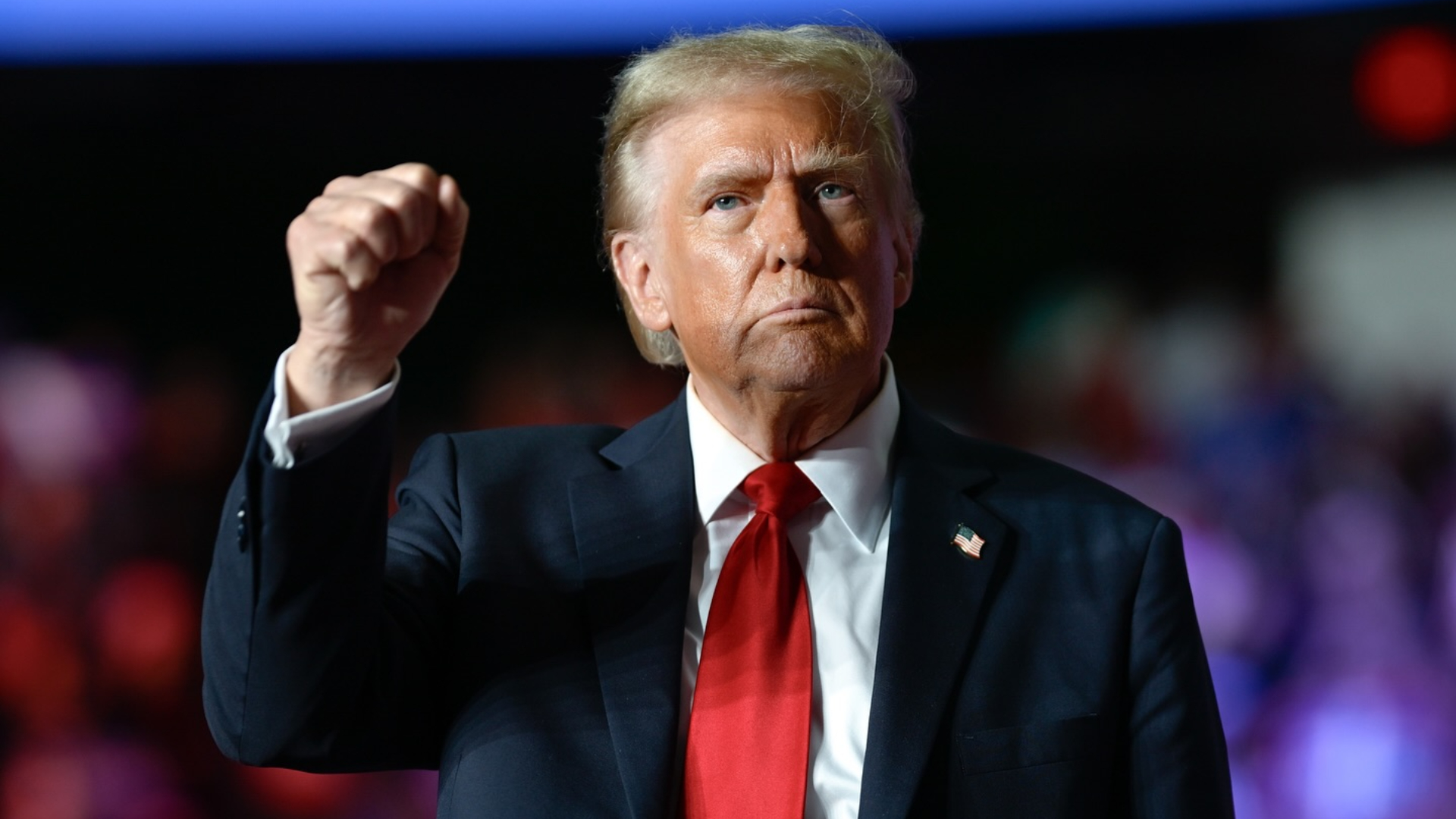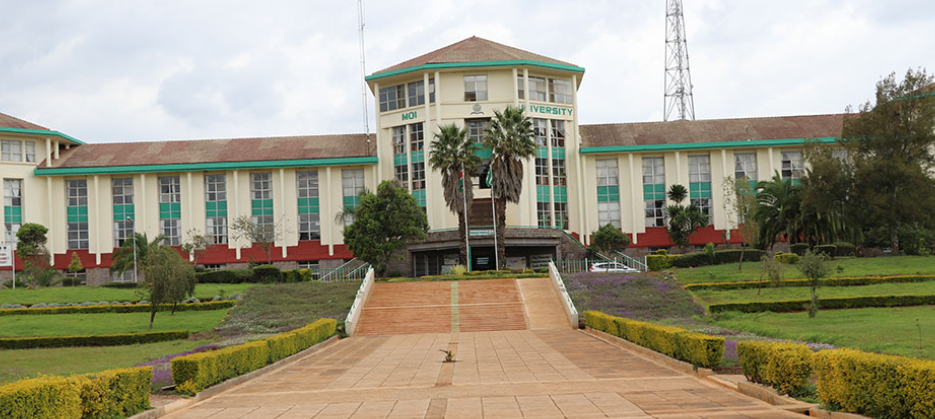US Supreme Court rules Trump can remain on 2024 primary ballots

The United States Supreme Court has rejected an effort by Colorado to remove Donald Trump’s name from the state’s Republican primary ballot, delivering the former president a major victory as he seeks his party’s nomination.
The justices on Monday unanimously reversed a December 19 decision by Colorado’s top court to kick Trump off the ballot under the 14th Amendment of the Constitution, which includes a section that would prohibit individuals from holding public office if they have participated in an insurrection.
Trump’s critics have accused him of inciting and supporting the attack on the US Capitol on January 6, 2021, in an attempt to subvert the 2020 presidential election.
“BIG WIN FOR AMERICA!!!” the ex-president wrote on his Truth social media platform after the Supreme Court’s decision.
The ruling ends efforts in Colorado, Illinois, Maine and elsewhere to kick Trump off the ballot because of his attempts to undo his loss in the 2020 election to his rival, Democratic President Joe Biden.
It also comes a day before Super Tuesday, the day when the largest number of states hold their presidential primaries and caucuses.
Trump is the frontrunner in the Republican presidential nomination and is widely expected to face off against Biden in November.
The 14th Amendment bars people from holding US office, including the presidency, if they “have engaged in insurrection or rebellion against the same, or given aid or comfort to the enemies thereof”.
But the Supreme Court, which holds a 6-3 conservative majority, said on Monday that only Congress can enforce the provision against federal officeholders and candidates.
“We conclude that states may disqualify persons holding or attempting to hold state office. But states have no power under the Constitution to enforce Section 3 with respect to federal offices, especially the presidency,” the top US court said in an unsigned opinion.
Trump also had been kicked off the ballot in Maine and Illinois based on the 14th Amendment, but those decisions were put on hold pending the Supreme Court’s ruling in the Colorado case.
In the Colorado case, Trump’s eligibility had been challenged in court by a group of six voters in the western US state — four Republicans and two independents — who portrayed him as a threat to democracy and sought to hold him accountable for the Capitol riot.
That 2021 attack was led by supporters of the then-president who sought to stop Congress from certifying Biden’s election victory.
The Colorado plaintiffs were backed by Citizens for Responsibility and Ethics in Washington (CREW), a liberal watchdog group.
In a statement on Monday, CREW President Noah Bookbinder said the Supreme Court had “failed to meet the moment” by letting Trump back on the ballot. But Bookbinder said the ruling is “in no way a win for Trump”.
“The Supreme Court had the opportunity in this case to exonerate Trump, and they chose not to do so,” he said.
“Every court — or decision-making body — that has substantively examined the issue has determined that January 6th was an insurrection and that Donald Trump incited it. That remains true today.”
Trump separately faces two criminal cases over his efforts to overturn the results of the 2020 vote: one in federal court in Washington, DC, and another at the state level in Georgia.
He has denied any wrongdoing and accused prosecutors of conducting a politically motivated witch hunt to derail his re-election campaign.














